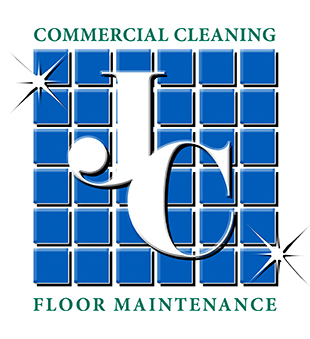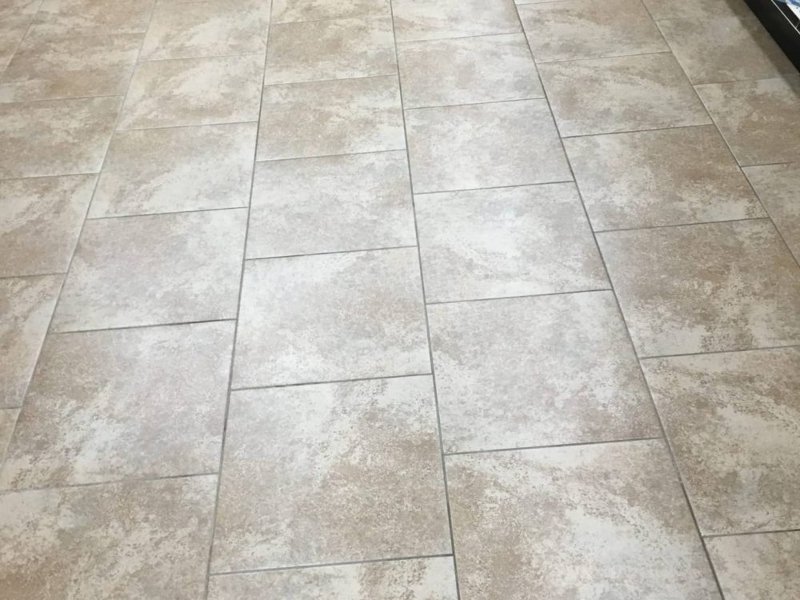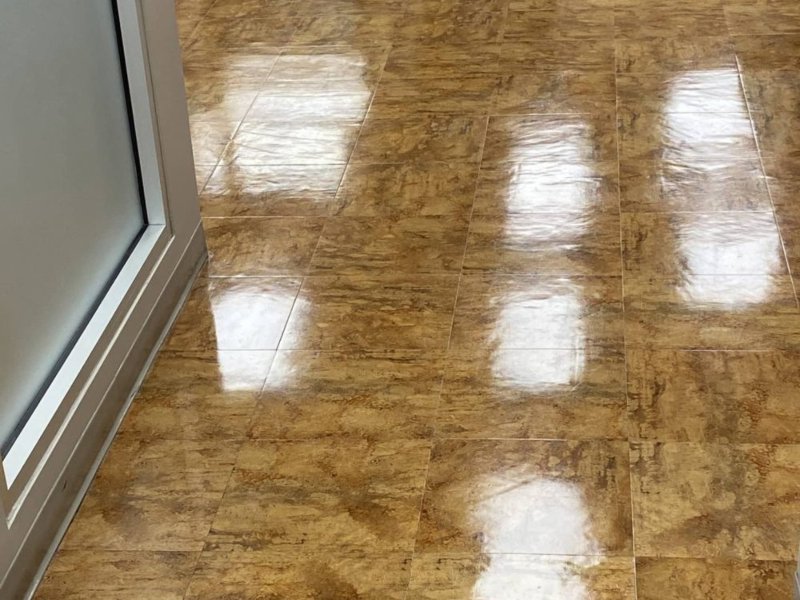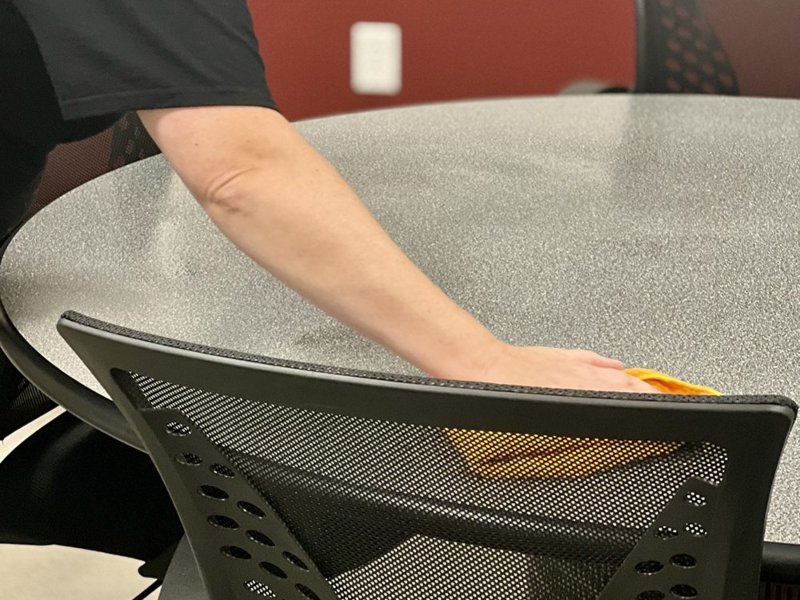Janitorial services have come a long way from their traditional image of mop-wielding cleaners tidying up office spaces. As technology advances and workplaces evolve, so too has the janitorial industry. Today’s janitorial services are not only about maintaining cleanliness but also encompass sustainability, efficiency, and even health considerations. This evolution reflects a deep integration of technology, environmental awareness, and changing client demands. Let’s explore the trends and advances that are shaping the modern janitorial services industry.
1. Green Cleaning and Sustainability
One of the most prominent trends in the janitorial services industry is the shift toward green cleaning practices and sustainability. Businesses and organizations are increasingly recognizing the importance of minimizing their environmental footprint. This has led to a demand for eco-friendly cleaning products, energy-efficient equipment, and practices that reduce water consumption and waste.
Green cleaning involves the use of non-toxic, biodegradable cleaning agents that have minimal impact on indoor air quality and the environment. Janitorial companies are adopting sustainable cleaning practices to align with the growing sustainability movement and the preferences of environmentally conscious clients.
2. Technological Integration
Technology is playing a transformative role in the janitorial services industry. From robotic vacuum cleaners to smart sensors that monitor cleanliness levels, technology is enhancing efficiency, accuracy, and overall service quality.
Robotics: Robotic cleaning devices, such as automated vacuum cleaners and floor scrubbers, are becoming increasingly common. These robots can efficiently cover large areas and perform repetitive cleaning tasks, freeing up human cleaners for more specialized work.
Sensors and Data: Smart sensors embedded in cleaning equipment can collect data on foot traffic, cleanliness levels, and usage patterns. This data allows janitorial services to tailor their cleaning routines, optimize resource allocation, and provide evidence-based reports to clients.
Cleaning Management Software: Many janitorial companies are adopting software solutions for scheduling, task management, and performance tracking. These tools streamline communication between teams, ensure accountability, and improve overall service quality.
3. Health and Hygiene Focus
Recent global health concerns, including the COVID-19 pandemic, have elevated the importance of health and hygiene in janitorial services. Cleanliness is no longer just about appearances; it’s about creating a safe and hygienic environment for occupants.
Janitorial services now emphasize high-touch point cleaning, disinfection protocols, and the use of hospital-grade cleaning products. The industry has adapted to address new challenges by training staff in proper disinfection techniques and staying updated on guidelines from health organizations.
4. Customization and Flexibility
Client needs vary widely, and janitorial services are responding by offering more customized solutions. Janitorial companies now conduct thorough assessments of clients’ spaces to tailor cleaning programs that meet specific requirements.
Flexibility is also becoming a hallmark of modern janitorial services. With the rise of remote and hybrid work models, businesses need cleaning services that can adapt to changing schedules and occupancy patterns.
5. Outsourcing and Specialization
Outsourcing janitorial services has become a popular choice for businesses looking to focus on their core operations while leaving cleaning and maintenance to experts. This trend has led to a growth in specialized janitorial companies that focus on particular industries or cleaning niches.
Specialized cleaning services might include biohazard cleanup, cleanroom maintenance, and industrial cleaning. These companies bring in-depth expertise to specific challenges, ensuring effective solutions tailored to unique environments.
6. Training and Skill Development
As the janitorial services industry evolves, the role of a cleaner has transformed from a low-skilled job to a profession that demands specialized skills and knowledge. Janitorial companies are investing in training programs to ensure their staff are proficient in modern cleaning techniques, equipment operation, and safety protocols.
7. Transparency and Communication
Transparency and open communication have become essential in the modern janitorial industry. Clients expect real-time updates on cleaning progress, service schedules, and any issues that arise. Janitorial companies are leveraging technology to facilitate clear communication channels, allowing clients to provide feedback and make requests seamlessly.
8. Certification and Compliance
Certification and compliance with industry standards are gaining importance in the janitorial services sector. Obtaining certifications like Green Seal or complying with Occupational Safety and Health Administration (OSHA) regulations demonstrates a commitment to quality, safety, and environmental responsibility.
9. Remote Monitoring and Quality Assurance
Remote monitoring tools, such as cameras and sensors, are being used to ensure the quality of cleaning services. Clients can remotely monitor cleaning activities, verify compliance with protocols, and provide real-time feedback.
10. Workforce Well-Being and Diversity
Janitorial companies are recognizing the significance of workforce well-being and diversity. Providing fair wages, benefits, and opportunities for advancement enhances job satisfaction and contributes to a motivated and skilled workforce.
11. Focus on Customer Experience
Modern janitorial services are embracing a customer-centric approach. Meeting and exceeding client expectations, understanding their unique needs, and delivering consistent high-quality service are essential elements of the customer experience.
12. Touchless Technologies
To minimize the potential spread of germs and viruses, touchless technologies are gaining traction. Hands-free soap dispensers, faucets, and paper towel dispensers are becoming standard in many facilities.
13. Evolving Communication Platforms
Janitorial companies are using a range of communication platforms to interact with clients, from social media to dedicated customer service apps. These platforms facilitate quick responses, issue resolution, and engagement.
14. Integration of Sustainable Practices
Sustainable practices aren’t limited to cleaning products. Janitorial services are incorporating sustainability throughout their operations, including waste reduction, energy-efficient equipment, and eco-friendly packaging.
15. Regulatory Compliance
The janitorial industry is navigating evolving regulations, including those related to chemical use, waste disposal, and worker safety. Compliance with these regulations is crucial for maintaining a reputable and responsible operation.
Conclusion
The janitorial services industry has experienced a remarkable evolution driven by technology, sustainability, changing workplace dynamics, and heightened health concerns. As businesses and organizations increasingly prioritize cleanliness, hygiene, and environmental responsibility, the role of janitorial services continues to expand. Today’s janitorial professionals are equipped with advanced tools, knowledge, and skills to provide effective, efficient, and environmentally conscious cleaning solutions. With a focus on customization, transparency, and the customer experience, the modern janitorial industry stands as a testament to the power of adaptation and innovation in meeting the evolving needs of clients and communities.







